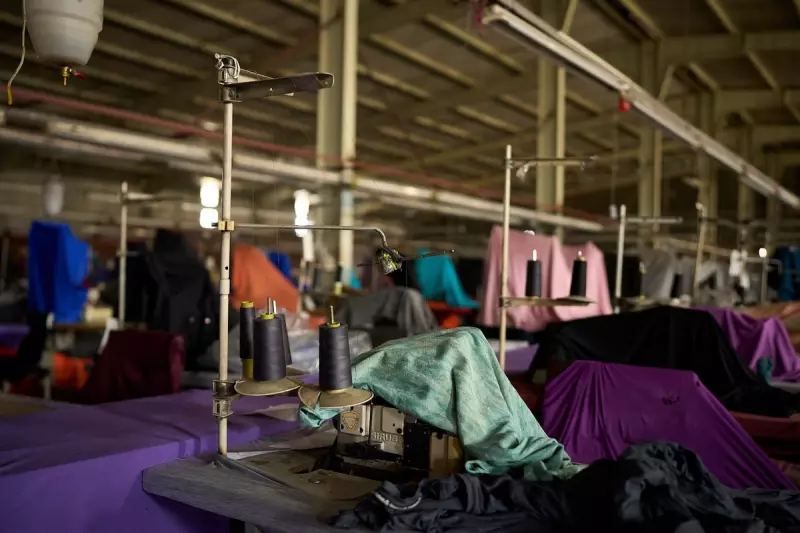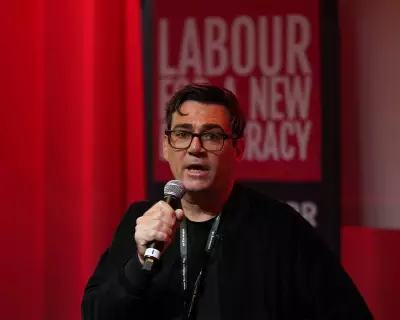
In a bizarre turn of events, a satirical news outlet from Lesotho recently published a story claiming former US President Donald Trump had opened a Costco branch in the capital city of Maseru. The report, which quickly went viral, left many scratching their heads—especially since Costco has no presence in Africa.
The article, filled with exaggerated quotes and outlandish claims, described Trump as "excited to bring American bulk-buying culture to the heart of Africa." It even included a fabricated statement from the ex-president, saying, "Nobody does wholesale like me—just ask the people of Lesotho."
How the Story Spread
Despite its clearly satirical nature, the piece gained traction on social media, with some users mistaking it for genuine news. The confusion highlights the ongoing challenge of distinguishing satire from reality in today's fast-paced digital landscape.
Local journalists in Lesotho were quick to debunk the story, reminding readers that no such development had occurred. "This is clearly a work of fiction," one reporter stated. "While we welcome foreign investment, this particular claim is about as real as Trump's humility."
The Power of Satire
The incident serves as a reminder of satire's unique role in modern media—capable of both entertaining and, at times, unintentionally misleading. As one media analyst noted, "In an era of deepfakes and misinformation, even obvious jokes can sometimes slip through the cracks of public perception."
For now, Maseru remains Costco-free, and Trump's African wholesale empire exists only in the realm of internet humor.





